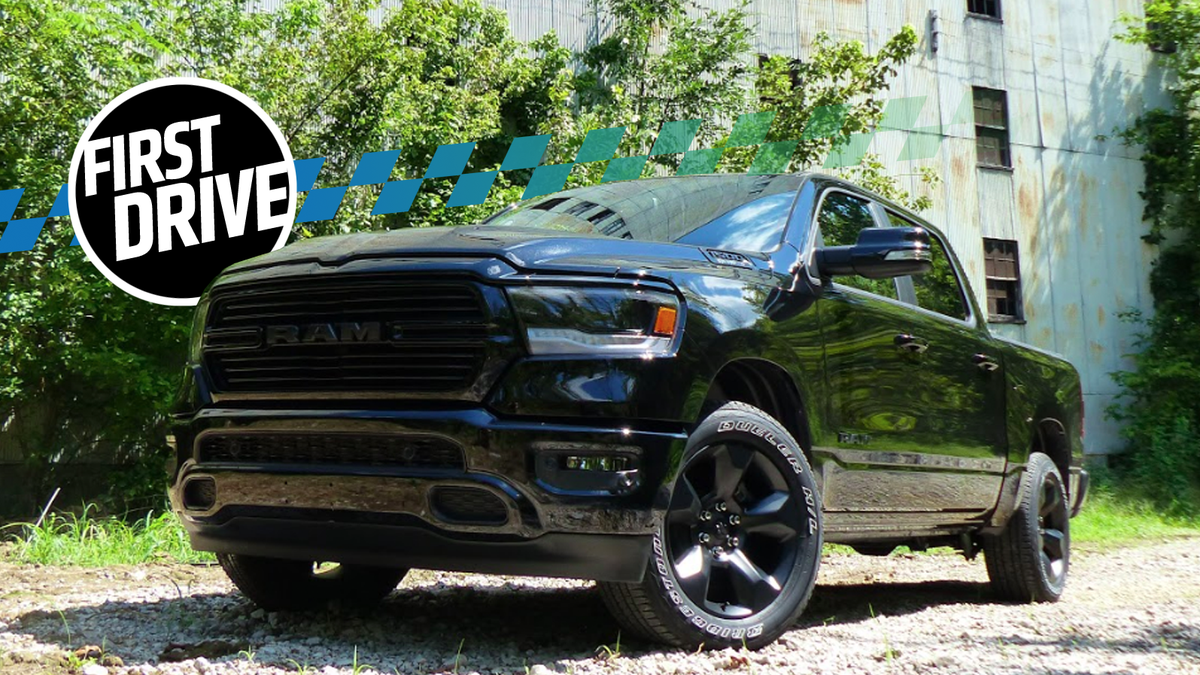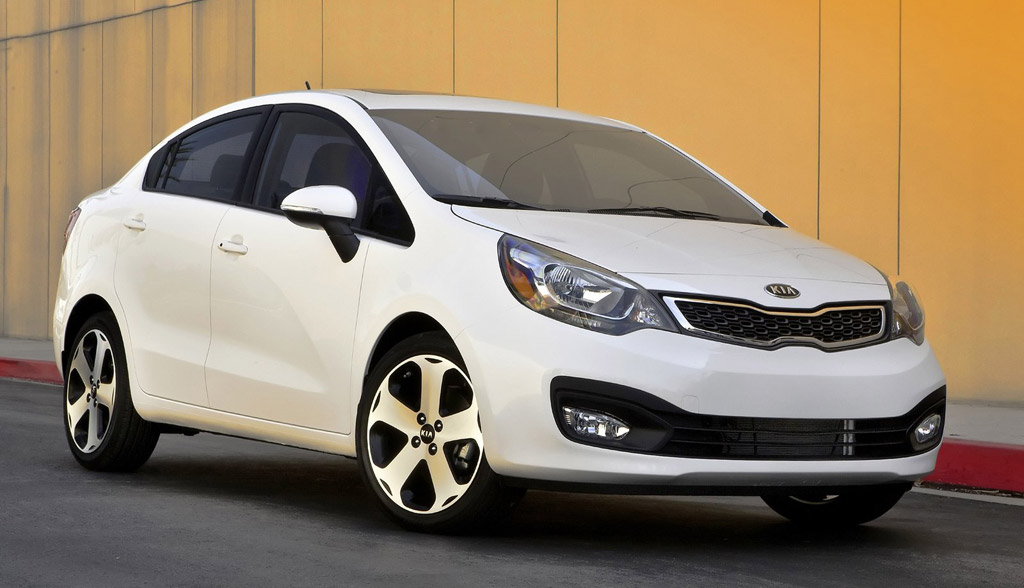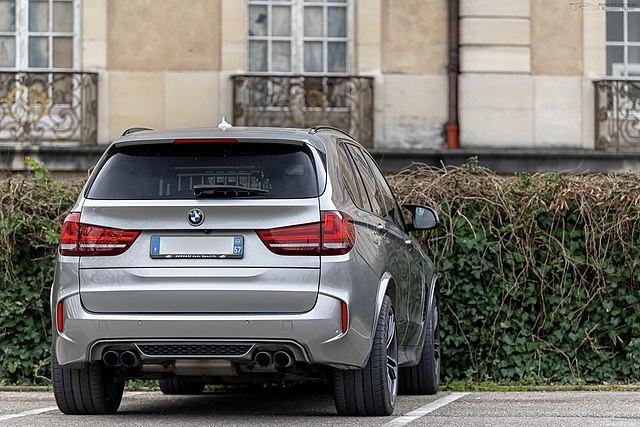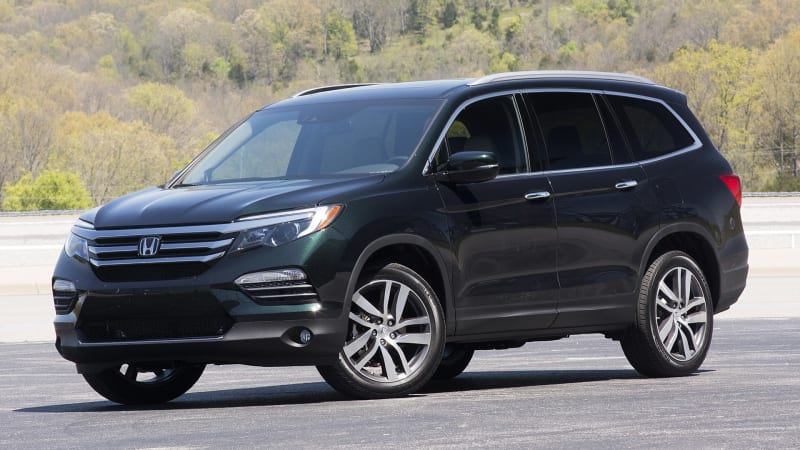lmao what? That’s not what they’re saying and you know it.
Your post was genuinely speculation at best. Yes, some your concerns are in the realm of possibility, but are they significant enough to outweigh fuel savings?
I've read pages of experts who state any perceived savings are trivial. Actual driving habits will probably save more fuel, than the expensive complex start/stop. There are also pages of youtubers who instruct on how to turn off the annoying feature. There are also pages and pages on the internet on how to FIX these broken systems. Which, would be moot if not forced on consumers.
Costs. Requires either a more robust starter, and/or a 2nd battery, alternator, and/or other complex expensive parts. They aren't giving these away for free. There is additional wear on starting parts and bearings so there is going to be higher costs either up front or on maintenance, or both. The typical savings might be around 3% fuel, which is nothing over the life of the vehicle and that can be achieved by better driving habits and proper air in tires. That's around 1mpg better for a typical commuter car. No thanks. Not for the added costs and complexities.
Start/Stop creates layers and layers of added problems. Starters, extra batteries, heat that needs cooling so radiator redesigns, and so forth. More complexity = more costs and more than can fail.
None of that is speculative.
This video self professed car expert states there is practically no real world savings.
Just more CAFE propaganda and book-cooking schemes by auto makers.
Then our favorite Scottie Kilmer, advises against it.
* His main takeaway as a mechanic is he is now seeing expensive repair bills that cost far more than any fuel money saved.
Here's a class action lawsuit against Ford for the faulty start/stop in F150s. I suppose that's not going to cost anyone any money, nor anyone got hurt, etc. It's all just free, right??!! Riiiggghhhtttt???? "It’s been reported that the Ford F-150’s auto start/stop feature – which is supposed to turn off the truck’s engine when stopped and turn it back on when the driver releases the brake pedal –
sometimes fails to work properly and can cause the vehicle to stall, shut off or completely lose power."
Attorneys are investigating whether a class action can be filed over reported stalling issues with certain Ford F-150 vehicles equipped with auto start/stop.

www.classaction.org
BMW has irate customers over faulty start/stop systems.
Reported issues for the 2022 BMW X5 include powertrain and brake problems. Is your car a lemon? Lemberg Law can help you get justice!
lemberglaw.com
Or Honda - more than 200 reports of the start/stop feature failing and stranding drivers because it won't restart. That could be extremely dangerous in busy intersections, dangerous parts of a city, rural areas with no reception, etc. Probably an expensive recall involved.
Honda and NHTSA are investigating an issue that can lead to vehicles stalling and failing to restart.

www.autoblog.com
But yeah, I imagining all this. Good grief. Only time until someone gets blasted at an intersection b/c their vehicle won't restart.

jalopnik.com




